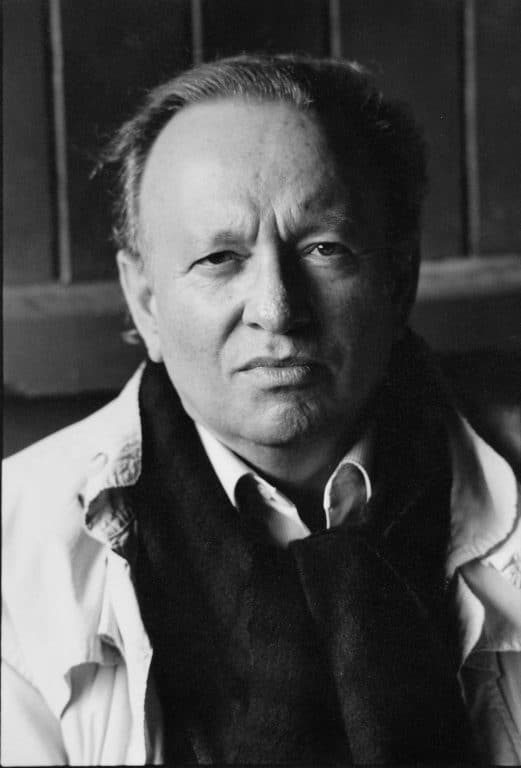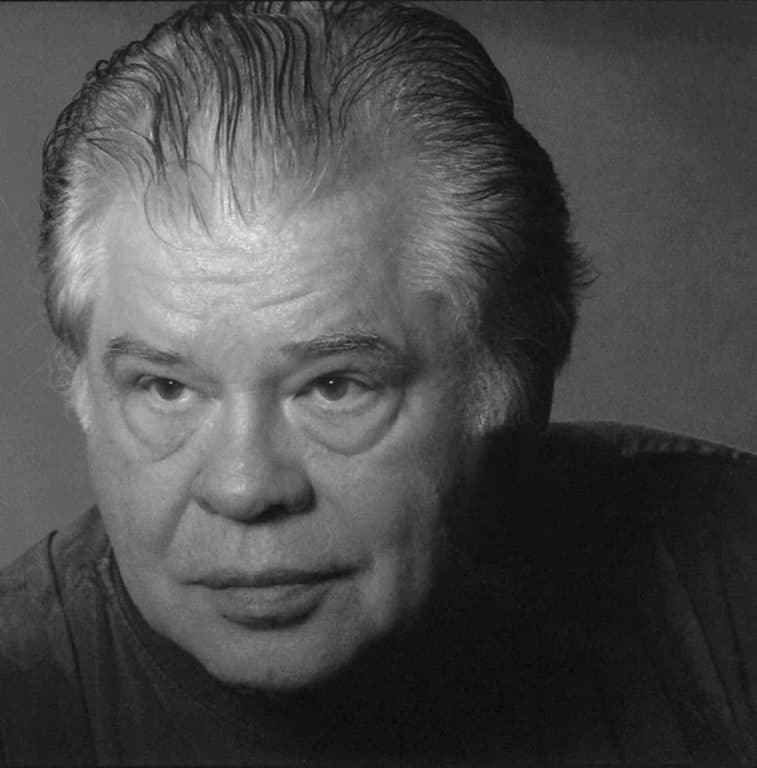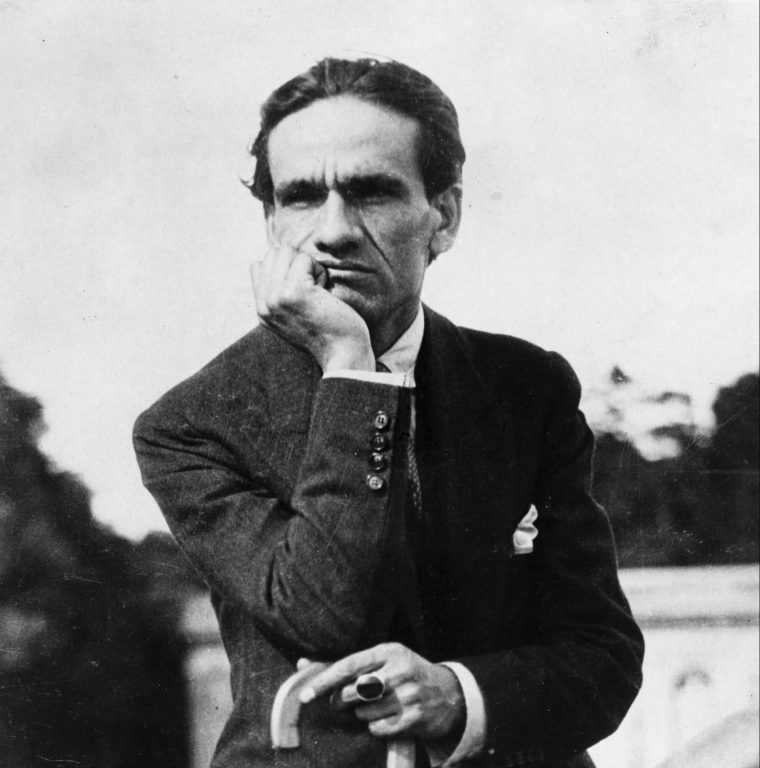James Pollock revealed in an interview about his work that he was pleased to discover that a reviewer noticed that his poem "The Poet at Seven" was inspired in part by another poem with a very similar title: Arthur Rimbaud’s "Poets, Age Seven" (or "Poets at Seven Years").
In the interview (with Open…
James Pollock revealed in an interview about his work that he was pleased to discover that a reviewer noticed that his poem "The Poet at Seven" was inspired in part by another poem with a very similar title: Arthur Rimbaud’s "Poets, Age Seven" (or "Poets at Seven Years").
In the interview (with Open Book Ontario), Pollock points out that the reviewer characterizes his poem as an argument with the Rimbaud poem, a version of which you can read here for reference.
The repetition of “if only” that threads through Pollock’s poem sounds wistful, but not necessarily pessimistic. In fact, it could signal hopeful gazing towards the future, even if that future holds “the breaking changes of a life to come.” Certainly, it’s in considerable contrast to Rimbaud’s “soul of [a] child given over to loathing.”
While Pollock’s artist as a young man is listening to a beloved teacher read, Rimbaud’s of the same age is sweating, striving, engaged in any number of struggles and “vile compassions” and precociously “making novels about life”. Again, it’s quite the contrast, but Pollock’s side of the supposed argument is, while mild and idyllic, also believable.
The winter light in Pollock’s poem illuminates a fondly remembered school day. Rimbaud’s young protagonist “feared the pallid December Sundays.”
To call it an argument might make Pollock’s response to Rimbaud sound too harsh. Instead, it’s perhaps a gentle rebuke of inflated or overly romanticized ambitions, not to mention a more optimistic and realistic counterpoint.




